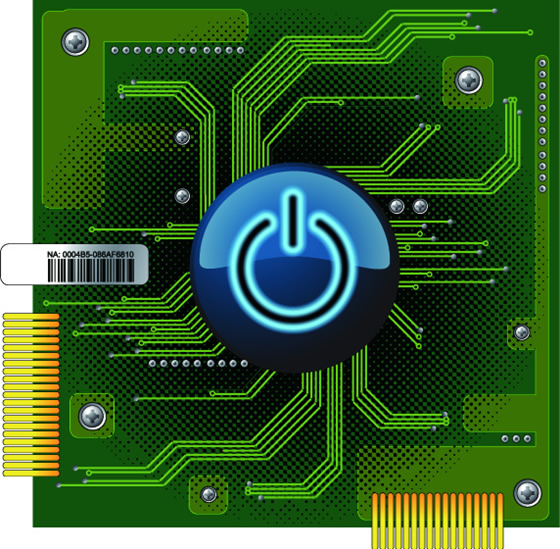Recently, the Ministry of Industry and Information Technology issued the "Printed Circuit Board Industry Specification Conditions" (hereinafter referred to as the "PCB Specification Conditions") and the "Printed Circuit Board Industry Specification Announcement Management Interim Measures" (hereinafter referred to as the "Interim Measures"). The two documents will be released this year It will be implemented from February 1st. Industry insiders have said that the release of the document will help the layout optimization and structural adjustment of the printed circuit board (PCB) industry, and will play a positive role in improving the development level of the industry and promoting the sustainable and healthy development of the industry.
PCB industry needs healthy and sustainable development
As a bridge that carries electronic components and connects circuits, PCB is an indispensable key basic component in the electronic information industry. Since 2006, China has surpassed Japan to become the world's largest producer of printed circuit boards, ranking first in the world in terms of output and output value, and its proportion in the total output value of the global printed circuit board industry has risen from 31.18% in 2008 to 2017. 50.53% of the year. According to data from the China Electronic Circuit Industry Association, the domestic PCB output value reached US$29.7 billion in 2017. In this context, maintaining the sustainable development of the industry has become the consensus of the industry.

"Printed circuit board manufacturers can only unswervingly follow the government's guidelines, continuously strengthen R&D and innovation, improve production technology, promote automation, information, and intelligent production, and always adhere to the concepts of environmental protection and green development. Only in this new situation can we ensure sustainable development."
New application scenarios make PCB face greater challenges
In recent years, the rapid development of 5G, artificial intelligence, and Internet of Vehicles has caused the PCB industry to face new challenges. Take 5G as an example. As a new generation of mobile communication technology, it is not only an enhancement of 4G, but also an indispensable foundation for mobile Internet, Internet of Things, Internet of Vehicles, Industrial Internet, telemedicine, VR/AR and other fields. Countries all over the world are striving to seize the "commanding heights" of the 5G industry and technology. The printed circuit board is an indispensable "skeleton" component of 5G terminal products (such as base stations, servers, electronic equipment, etc.). Ultra-high speed, ultra-low latency, and ultra-large connections require high signal transmission integrity and high reliability of heat dissipation in 5G circuits. Therefore, signal transmission integrity and high reliability are challenges faced by PCBs under the new situation. In this regard, Xu Chang believes that domestic enterprises should be guided by market demand and make strategic arrangements in advance. Increasing investment in technology research and development, focusing on independent innovation, coexisting multiple cooperative innovation channels, and rehearsing the three major technological breakthroughs in structural design, key methods, and industrialization to overcome key common technologies and large-scale production problems in printed circuits in emerging markets .
Emerging markets will bring greater challenges to PCB reliability, high speed, high frequency, and even bendability. Enterprises must have a strong technical reserve and reasonable product layout to cope with these changes in demand. Therefore, domestic PCB companies should aim at cutting-edge technology needs, pay close attention to the development of new technologies, actively follow up with 5G, autonomous driving, wearable, AI, big data and other technologies, cooperate or develop research and development with customers, and strive to become an important part of advanced manufacturing. And the key link. Internally, PCB companies must cultivate their internal skills; externally, they must grasp the context of industrial development and strengthen linkage and innovation with the upstream and downstream industrial chains.
Every time an emerging market opportunity comes, it is a collaborative challenge in many technical aspects such as materials, processes, and production management. In the process of upgrading these technologies, companies also need to upgrade the corresponding talents, information systems, and management methods to further Improve market response capabilities and production management capabilities.